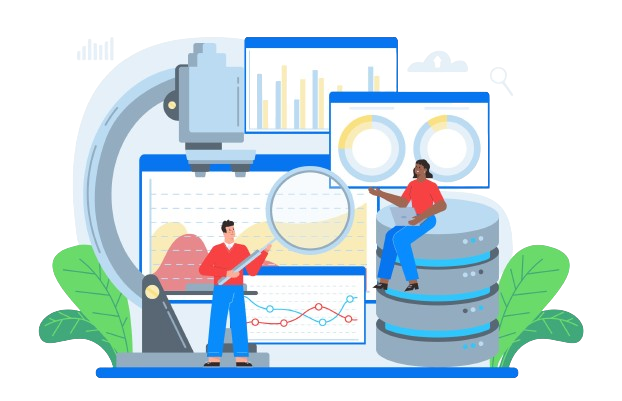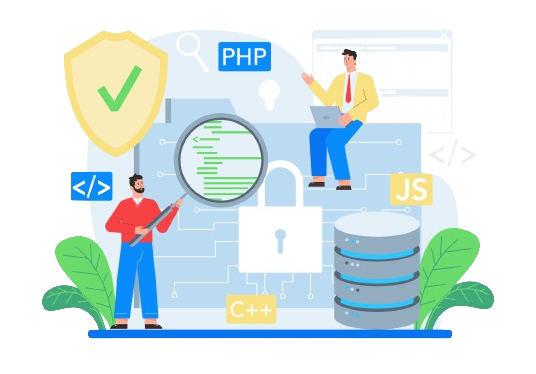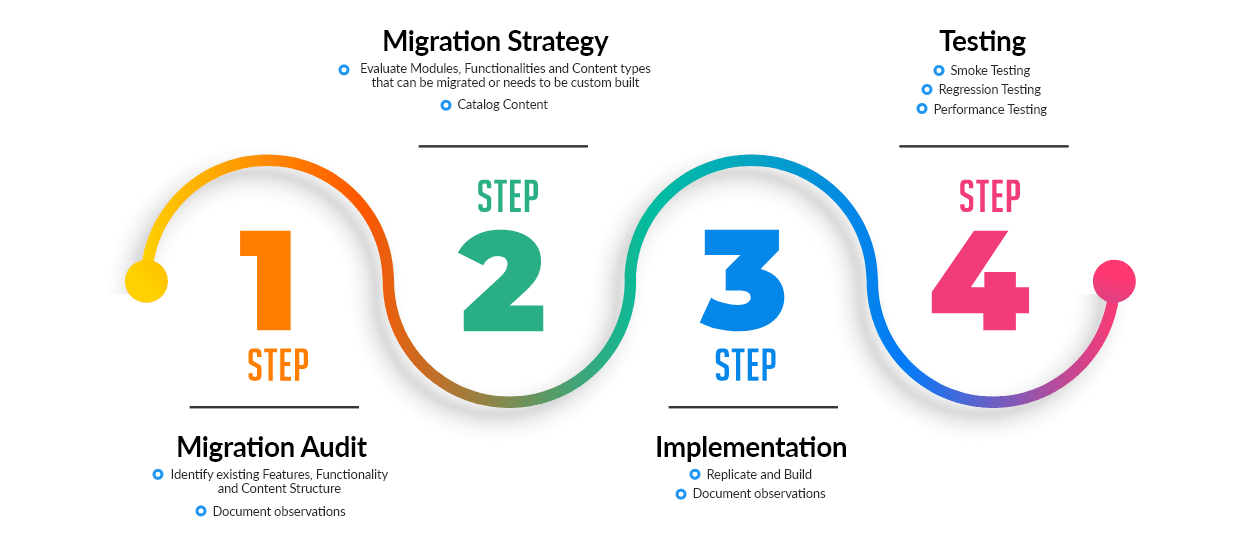

Upgrade to Drupal 10 for enhanced performance, ensuring faster and smoother operations. This latest version not only improves speed but also prioritizes security and reliability, making it an optimal choice for your business.
Get a Free ProposalDrupal 10 offers improved performance over its predecessors, allowing your web application to perform faster and better. Moving on to Drupal 10 can significantly improve the speed of your web application and help it run more smoothly. The latest version is also more secure and reliable, making it a great business choice.
Drupal 10 represents a significant advancement from Drupal 9, offering a robust framework with enhanced security and modern web development features. Building upon the seamless upgrade path introduced in Drupal 9, version 10 allows a smooth transition from Drupal 7, 8, and 9, eliminating the need for a complete core rebuild. With a continued focus on security, object-oriented programming, API-driven approaches, and Twig templating, Drupal 10 ensures applications remain resilient and up-to-date. This upgradability makes Drupal 10 appealing to developers and business owners, providing numerous advantages, including improved security measures, access to cutting-edge features, and a straightforward transition process for existing Drupal installations.The advantages of using Drupal 9 are numerous, some of which are listed below:

- Headless CMS
- Better Performance
- Powerful Drupal Core
- Secure and Easy Theming
- Modern Day Programming Standards
- Secure PHP support
- Layout Builder
- API Driven
migration step

FAQs
Are you worried, that migration will be difficult and expensive?
Migration complexity to Drupal 10 depends on previous versions and unsupported modules like field collections, organic groups, etc. Custom modules may need updating. We'll help migrate data and build custom solutions if necessary. Cost varies with complexity, but we'll guide you through the process.
What do to do with the contributed modules that no longer exist in Drupal 10, like rules?
In transitioning to Drupal 10, unsupported modules can be addressed by either substituting them with alternative modules available in the Drupal 10 ecosystem or by opting to rebuild functionalities through custom development. Alternatively, creating custom modules tailored to specific requirements offers a more bespoke solution. Each approach presents trade-offs in terms of time, resources, and flexibility, but we're equipped to guide you through the decision-making process and implement the most effective strategy for your Drupal 10 migration.
What to do with field collections migration?
When migrating to Drupal 10 from a previous version, managing field collections involves identifying suitable alternatives or devising a strategy for migration. Evaluate whether migrating field collections to Drupal 10's core functionalities or contributed modules is feasible. Alternatively, consider restructuring content to align with Drupal 10's data model. We'll guide you through the migration process, ensuring a smooth transition for your field collections.
What to do with the custom themes?
In Drupal 10, we'll handle the transition of custom themes by ensuring compatibility with the latest version's theming API. This includes updating file naming conventions, optimizing for performance and accessibility, and providing thorough testing to guarantee a seamless integration. Trust us to manage the process efficiently, allowing you to focus on your website's success.
How does Drupal 10 differ from other platforms?
Drupal 10 distinguishes itself by embracing new technologies and programming standards, supported by a robust open-source community. With regular updates, improved performance, and scalability, Drupal continues to be a dynamic choice for modern web development, setting itself apart from platforms slower to adapt.
What are the groundbreaking features that distinguish Drupal 10 from previous versions?
Drupal 10 introduces significant advancements, including leveraging Symfony 5 for improved performance and developer experience, updated dependencies ensuring compatibility with modern PHP versions, and enhanced accessibility features to meet WCAG standards. Automated updates streamline security patching, while decoupled menus facilitate efficient development of decoupled applications. Media handling is simplified, and a modernized admin UI enhances usability. With an API-first approach, Drupal 10 offers seamless integration with external systems, making it a compelling choice for building modern web applications and digital experiences.

